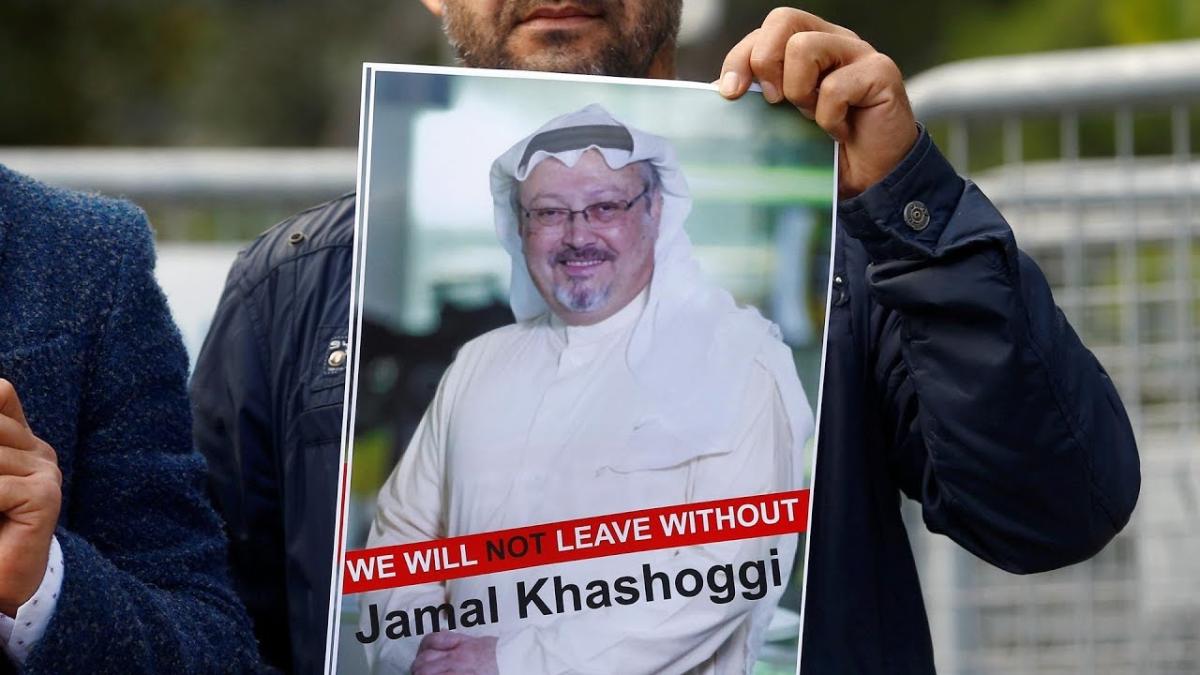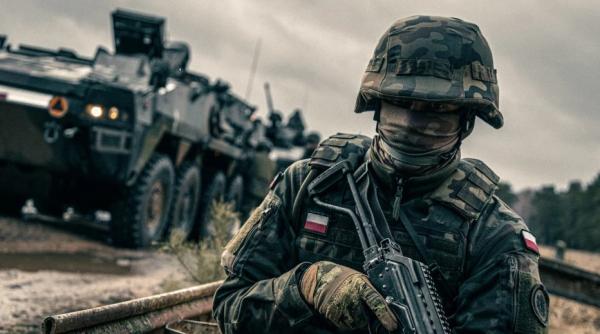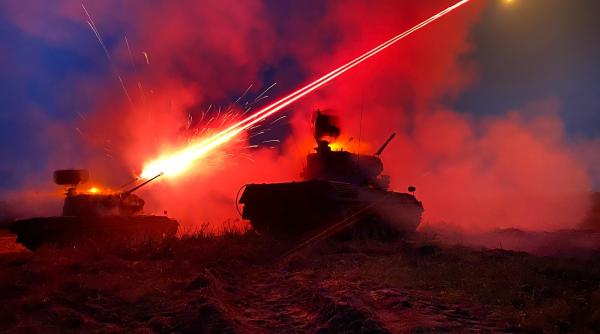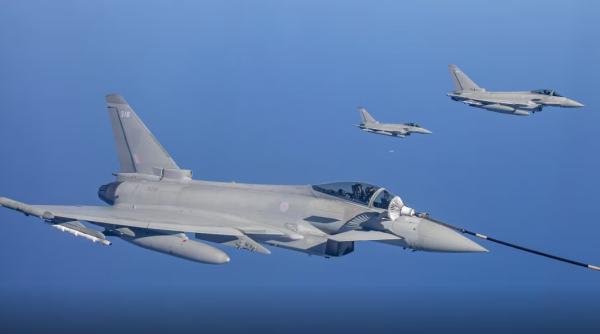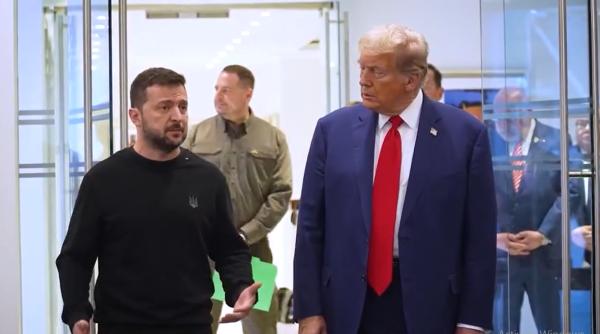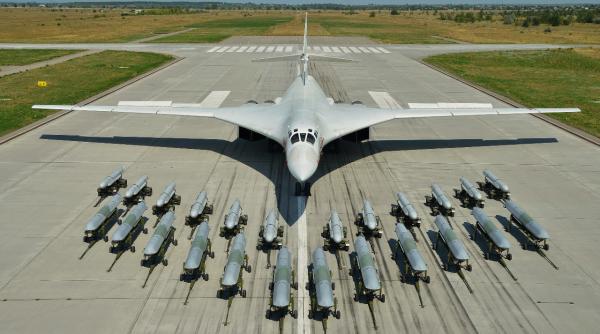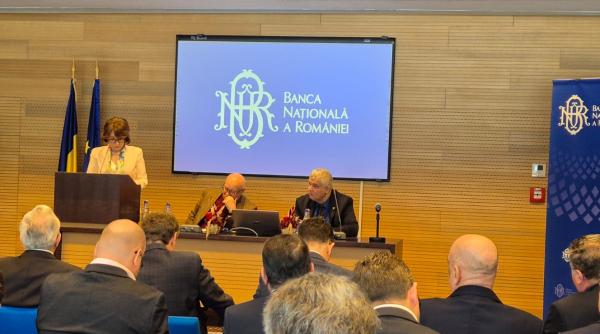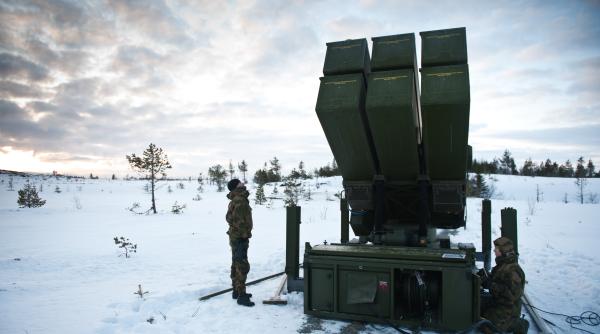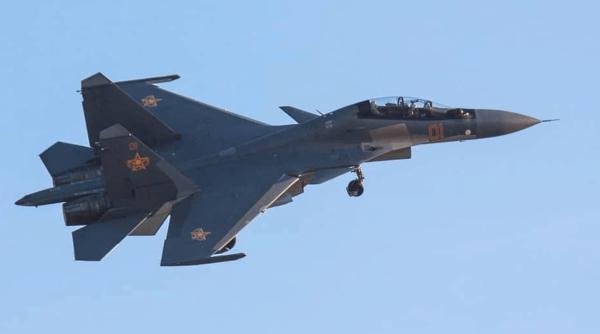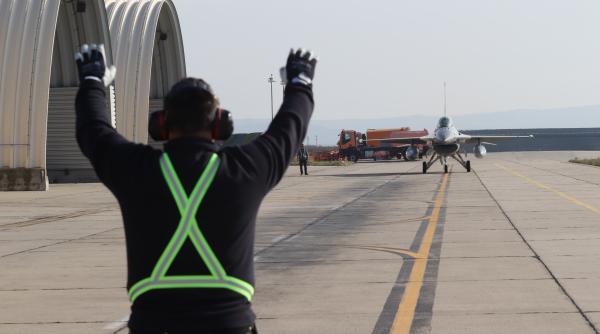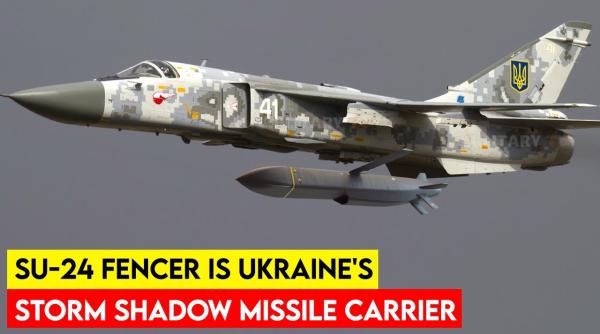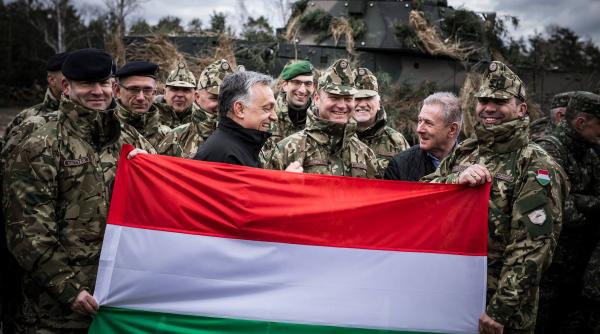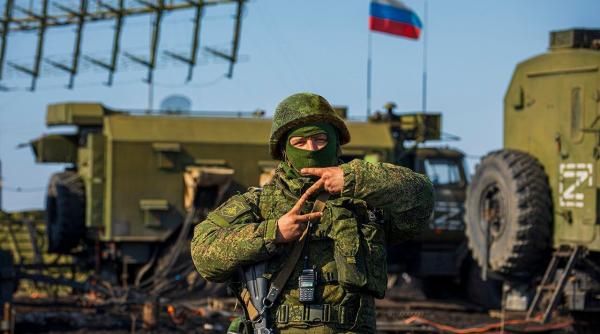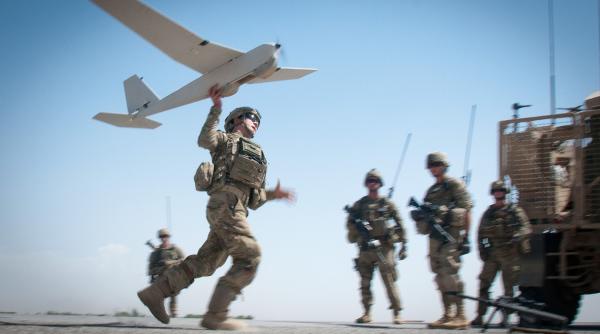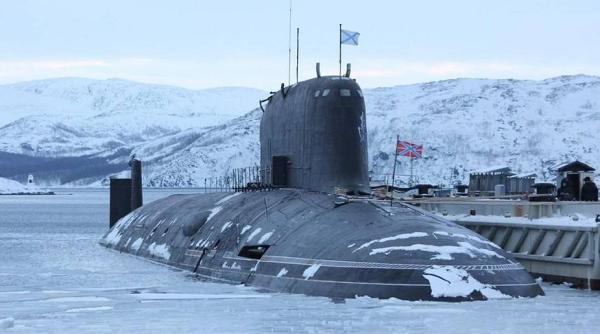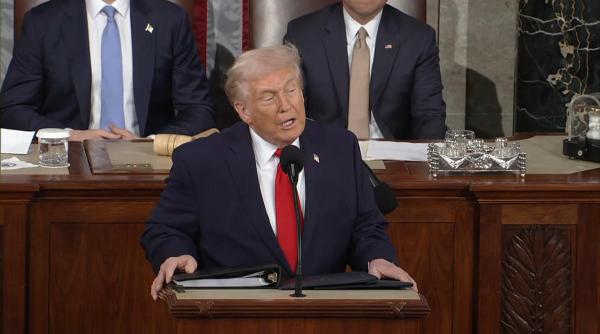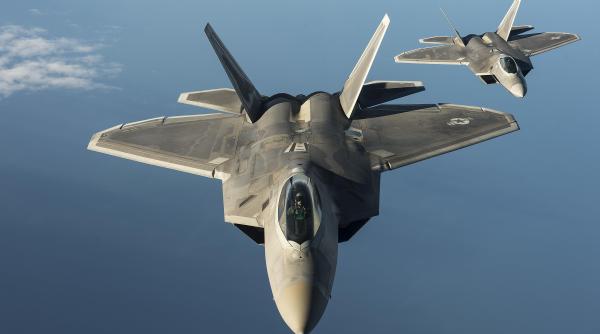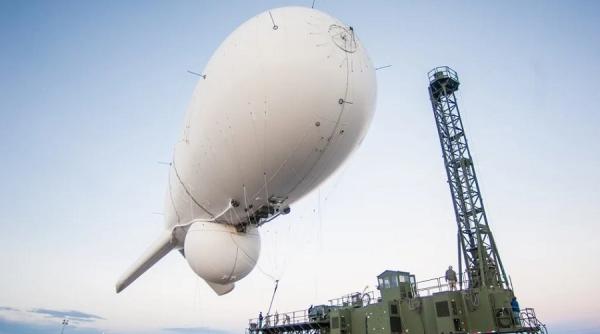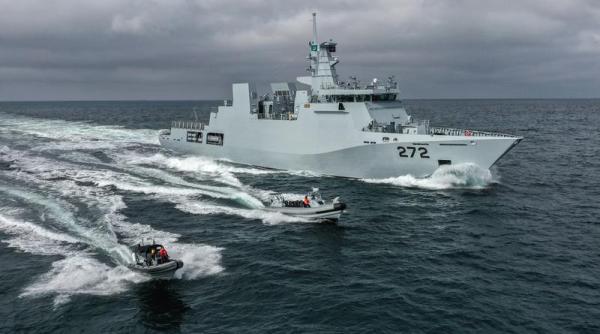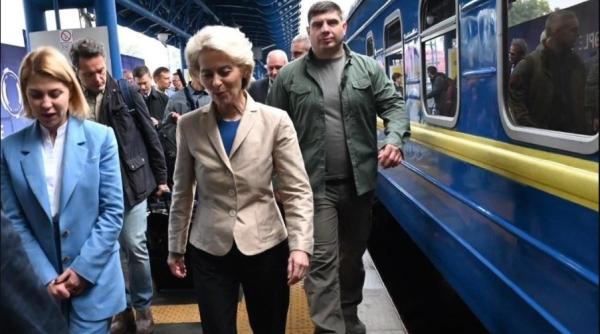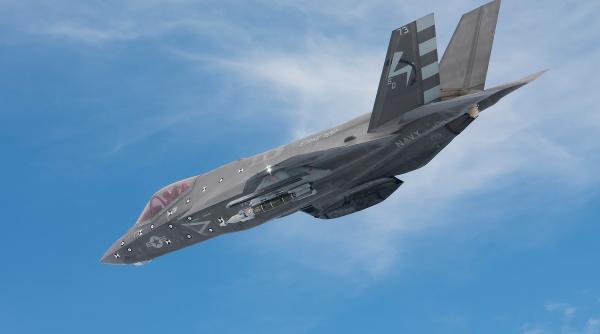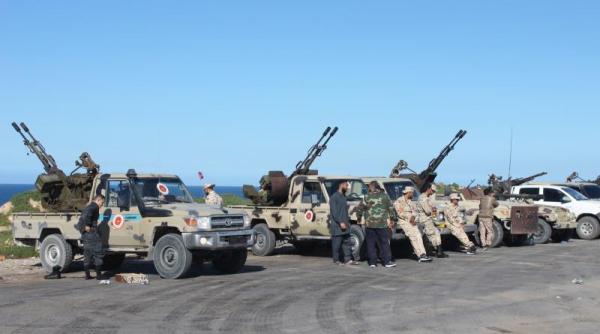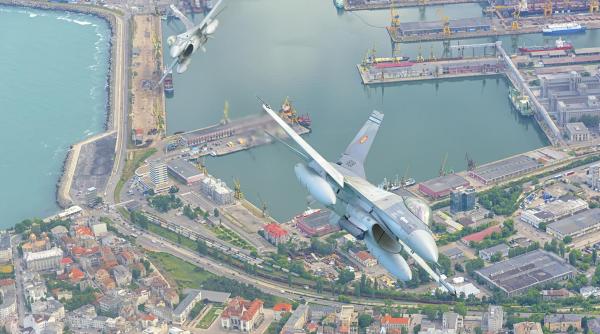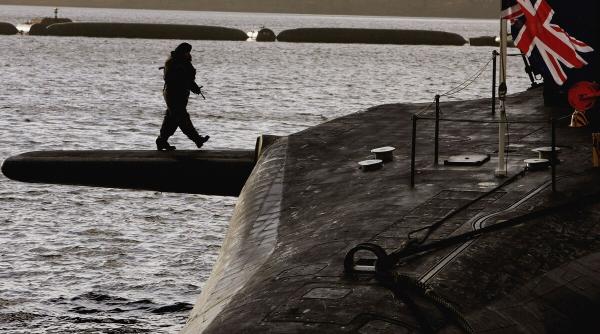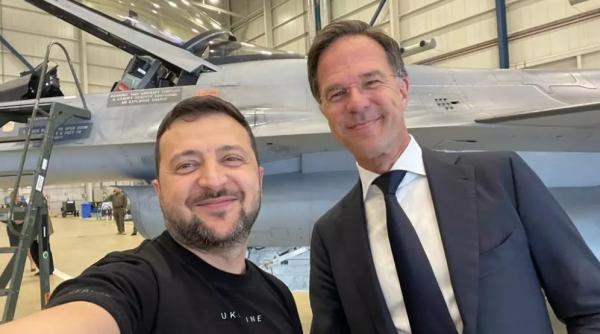At the same time, a growing amount of Western politicians is joining the discussion, questioning the role of the Saudi government, and possibly Saudi Crown Prince Mohammed bin Salman. Diplomats of all countries are trying to quell the looming crisis, but already severe cracks have appeared in the relationship between Washington and Riyadh. The standing of Saudi Arabia as a major international player, and the role of MBS, is currently deteriorating rapidly.
For the Crown Prince the crisis is a major slap in the face. Saudi Arabia’s royals and leading corporations are in full preparation for the so-called ‘Davos in the Desert’ or Future Investment Initiative 2018, a global get-together of the crème-de-la-crème of high finance, investment funds and large international corporations, discussing in Riyadh the future of the Kingdom. As has been shown in 2017 (FII2017), international investment funds, pension funds, high-tech and startups, will be flocking the hotels in Riyadh in 14 days. Saudi’s economic diversification plans, presented in the so-called Saudi Vision 2030 policy paper, backed up by the Saudi sovereign wealth fund Public Investment Fund (PIF), need an immense influx of international capital, high-tech, fin-tech and manufacturing companies, to put in place the long list of Giga Projects and IPOs planned until 2030. All of this now seems to hit by a sledgehammer called Khashoggi. The current crisis will not have possible repercussions for the Kingdom, as its international standing is being threatened, but could also lead to a renewed power struggle in the Royal Palace.
Without at present knowing the facts, as sources are contradicting themselves, geopolitics and intra-regional strive are playing a role, one thing is clear. The rosy halo surrounding the Young Prince in Riyadh has been removed by force. The crisis will continue as long as no facts are being presented by either side, the accusers (Turkey, Qatar, Iran, Washington Post) or Saudi Arabia (and its allies). A prolonged crisis will leave very ugly and stinking wounds, maybe involving a geopolitical crisis between the West and Saudi (or the GCC allies).
The anti-MBS forces are having a field day, as they are able, without a military intervention or assassination, to undermine the position of the Crown Prince severely. Already, American Senators, European politicians and Turkish officials, are calling for very harsh measures against the Saudi Kingdom if proof is given for the direct involvement of the Saudi government or members of the Royal Family, including MBS, in the abduction and killing of the journalist. Blocking potential investments deals or military sales could be already part of the discussions in Washington, London or Brussels. The heat is also on via the international financial sector, which is expected to be heading to Riyadh for the Future Investment Initiative 2018 in 1.5 weeks. A growing list of investors and speakers, such as Virgin Group’s CEO Richard Branson, JPMorgan’s CEO Jamie Dimon, Uber CEO Khosrowshahi, Los Angeles Times owner Patrick Soon-Shiong, AOL co-founder Steve Case or the CEO of US car giant Ford, have stated not to attend. The latter situation is a major blow for Saudi Arabia, and MBS in particular. The coming days, the list of refusals is expected to grow substantially. Most of the current attendees have stated to Riyadh to react swiftly and show evidence or be more transparent. Even if Western CEOs and ministers are going to back out, the rooms in Riyadh are still expected to be full. Asian parties have until now been very quiet, while Russia, India or the Arab countries have stated publicly to be behind Riyadh at present.
Still, the situation is far from positive. MBS will need to play on several chess boards at the same time, dealing with Grandmasters in Moscow, Beijing and Delhi. To counter Western opposition is needed to support his own position in the Kingdom, OPEC and regionally. On all sides, the dangers are clear.
The danger is also not only from the outside. Internal frictions and power plays are still a more imminent threat for the stability of the Kingdom as a whole. The rise of MBS as the ‘Young Prince of Riyadh’ has set bad blood in parts of the Royal Family. At the same time, MBS’s hardline stand in Yemen, Qatar and against Iran, also has put pressure on the internal fabric of the Saud Family. Showing weakness at present will however be the last nail in the coffin, possibly leading to a removal of the Crown Prince or even turn into an internal family feud that could become bloody.
The above painted picture has not only negative repercussions for Saudi Arabia or the Gulf region, but also will directly affect the international energy markets too. The crisis between the US and Saudi Arabia already is openly linked to a possible energy boycot by Riyadh of Washington and its allies. The latter still is not a real option for both sides. On the other hand, instability in the Kingdom could remove the foundation under the current OPEC- nonOPEC oil export deal that has stabilized the oil markets. The coming weeks the future of the global oil market is already under pressure, as the US sanctions on Iran will be implemented (November 4) and OPEC and Russia are discussing an OPEC+ structure in which a new oil market cartel could be in the making. Saudi Arabia, and more specifically MBS and his supporters, such as Saudi Minister of Petroleum, Energy and Mines Khalid Al Falih or Aramco CEO Nasser, is the pivotal supporter of this stabilization pact. The removal or weakening of these leaders will result in instability in the oil market, with higher prices and supply threats in the end. With OPEC’s leading producer, and proponent of the current oil production deal with Russia, weakened or even threatened by regime implosion, the sharks will be hunting very soon. Several OPEC members will not be totally unhappy with the volte face of MBS, as some indicated. An instable Saudi Arabia gives room to maneuver for Iran, Qatar and Venezuela. These three will be looking for any weak point in the Saudi power constellation, as this will weaken the Moscow-Riyadh link too.
Cyril Widdershoven is long time Middle East and energy market analyst and owner of Verocy.

